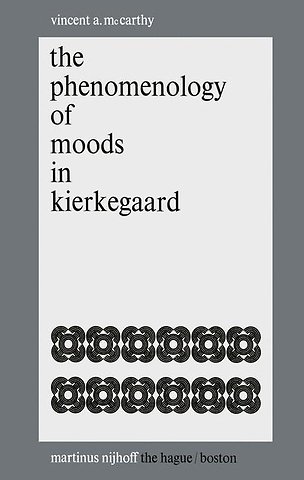The Phenomenology of Moods in Kierkegaard
Samenvatting
Kierkegaard himself hardly requires introduction, but his thought con tinues to require explication due to its inherent complexity and its unusual method of presentation. Kierkegaard is deliberately un-systematic, anti-systematic, in the very age of the System. He made his point then, and it is not lost upon us today. But that must not deter us from assembling the fragments and viewing the whole. Kierkegaard's religious psychology in particular may finally have its impact and generate the discussion it deserves when its outlines and inter-locking elements are viewed together. Many approaches to his thought are possible, as a survey of the literature about him will readily reveal. ! The present study proceeds with the simple ambition of looking at Kierkegaard on his own terms, of thus putting aside biographical fascination or one's own personal religi ous situation. I understand the temptation of both, and have seen the dangers realized in Kierkegaard scholarship. In English-language Kier kegaard scholarship, we are now in a new phase, in which the entire corpus of Kierkegaard's authorship is at last viewed as a whole. We have passed the stages of "fad" and of under-formed. Almost all the corpus is available in English, or soon will be. Perhaps now Kierkegaard can be viewed, understood, and criticized dispassionately and objectively, not withstanding author Kierkegaard's personal horror of those adverbs. The present study hopes to make its contribution toward this goal.
